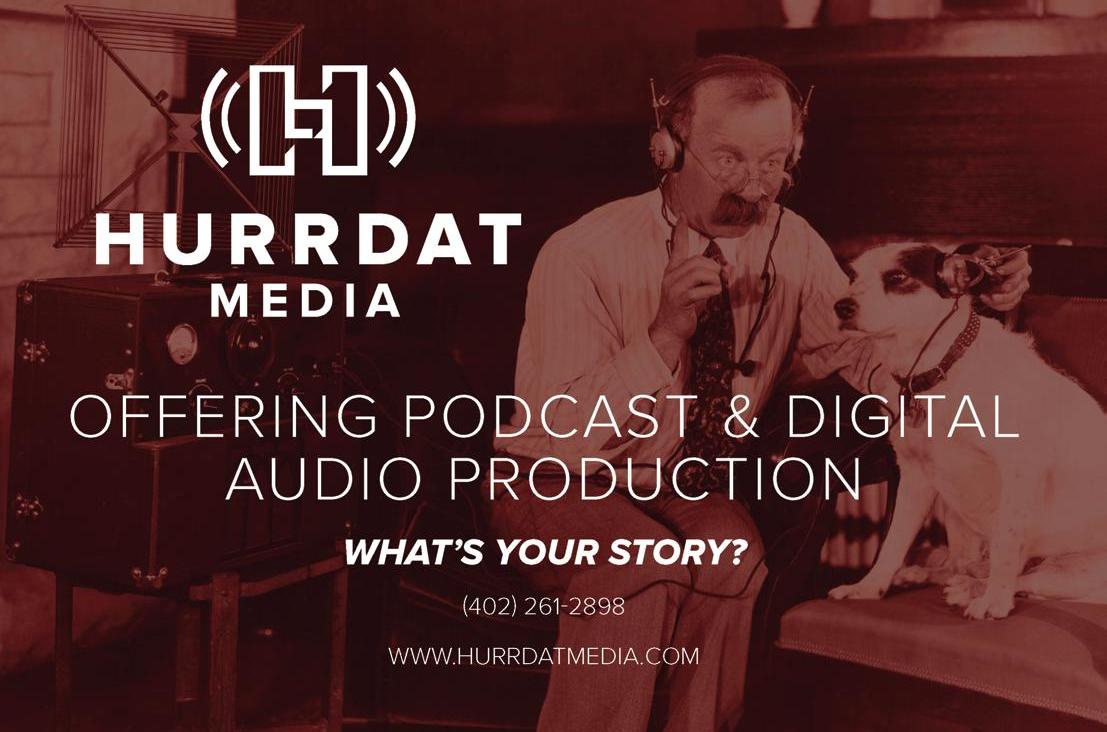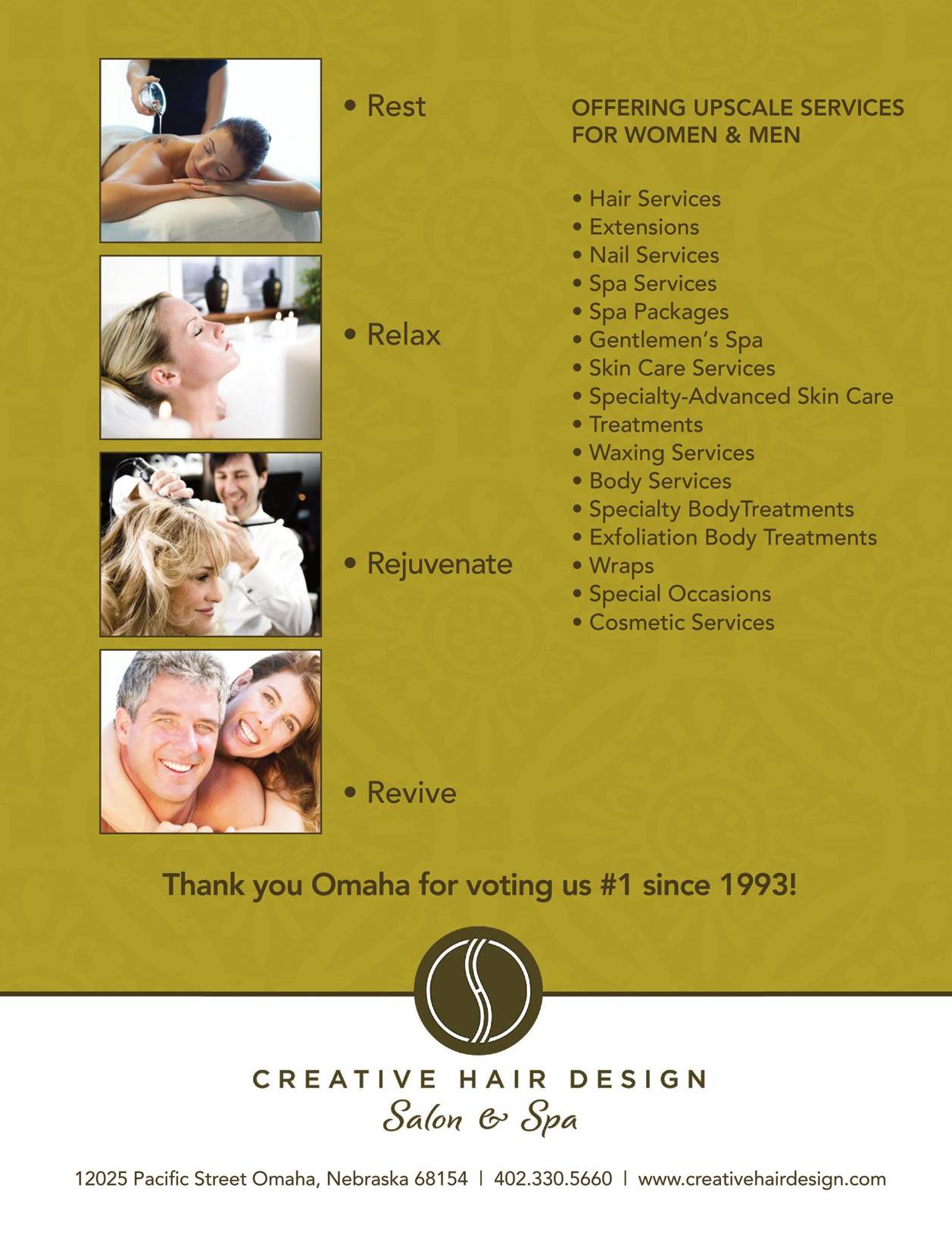
5 minute read
STEPHANIE VONDRAK
acronym overload:
FSA AND OTC EXPLAINED
mary drueke-collins MEDICAL INSURANCE
terminology can be confusing. Then the healthcare industry adds in a bunch of acronyms and your confusion can turn to frustration. Medical insurance Consumers may choose to click past these letter-heavy headlines. Employees may put on blinders during open enrollment instead of investigating further. The unfortunate outcome is that individuals may ignore opportunities that would result in savings on healthcare expenses. A quick review of two common terms, FSA and OTC, and the recently updated CARES Act will help you understand your options. Do not leave money on the table at year-end.
FSA: Flexible Spending Account
What is it? An FSA is a healthcare savings account that allows the employee to deposit a portion of their paycheck tax-free into a savings account to pay for eligible healthcare expenses. A caveat of this offering is that all savings in an FSA must be used by the end of the plan year. Some employers offer a grace period of up to 2.5 months.
It is important to understand where the savings—that is, tax-free earnings— come into play. The example below shows the savings associated with paying for a qualified healthcare expense with and without an FSA.
Your salary: $50,000
Example expense: $50 copay for a doctor visit
Amount you need to earn to pay this expense: • Without an FSA account: $61 (This amount is taxed at a rate of 22 percent per 2020 individual tax bracket.) to get the $50 you need • With an FSA account: $50 (Remember, you put this into your FSA tax free!)
Cha-ching! That is $11 more in your pocket if you pay for this expense with your FSA account.
OTC: Over-the-Counter
What is it? Over-the-counter drugs are generally available for purchase without a prescription. This type of medication is available without the recommendation of a healthcare professional.
Since 2011, OTC drugs were deemed FSA-ineligible without a prescription from your doctor. The CARES Act recently repealed the requirement of a prescription retroactively as of January 1, 2020. This means that you can use your FSA funds to purchase items like cold and flu products without requiring a doctor visit. The recent CARES Act update also made feminine-care products FSA eligible.
Check with your employer to learn more about the FSA options available to you. Do you have money in your FSA account to use before year-end? Shop online at the FSA Store for eligible purchases.
For more information, please contact your trusted advisor at Swartzbaugh-Farber – ‘Client Centered – Client Advocates™’.
jacque’s journey
stephanie vondrak d.d.s. LET’S NOT KIDourselves: 2020 was a year of loss for many.The profoundness and intensity of missed opportunities, the absence of loved ones, and the lack of normalcy was different for each individual. In my life, the loss was devastating. It was not just a year of disruption or inconvenience but the year I had to say goodbye, forever.
October 15, 2020, is the day my mom took her last breath surrounded by loved ones in a world going crazy, feeling too young and capable to believe it was happening. For those unfamiliar with ALS (amyotrophic lateral sclerosis), it is an unyielding and cruel disease. It attacks all muscle function slowly over time, or not-so-slowly as the average life expectancy is only three to five years from onset of the first sign or symptom. Keep in mind, the first sign is usually a trip or fall, something insignificant and easily overlooked by circumstance. Most are unaware of their fate until a year or years after the first symptom occurs. In other words, ALS is diagnosed by process of elimination. When it can’t be anything else and your body—not your mind—continues to fail, it is ALS.
The similarities between my mom and what we as a culture endured in 2020 are staggering. We, as a population, had to sit quietly and watch as our world changed with little to no control. The things once taken for granted like grocery shopping or hugging a friend now seemed strange and distant. And many, myself included, felt increasingly lonely and separated from those around me. Trapped within her own body, unable to speak or walk, I assume my mom felt the same way.
As a dentist and people-person by nature, I was naive to how often I touched my patients on the shoulder or held tight to a frightened hand—until I couldn’t. The amount of missed hugs and high-fives after completing an involved treatment plan or removing braces from an excited teen was evident every day. And I most certainly overlooked the power of smiling faces as they walked through the door of my practice. I, for one, hope to never take smiles, handshakes and hugs for granted again.
As I reflect on my personal experiences with the pandemic, my role as a healthcare provider, and my mom’s illness, the magnitude of her suffering exponentially outweighs anything I (or likely you) had to endure. So, it is fitting that the guidance of what to do next, of how to live in 2021, of what to gain from the COVID-19 world come from her.
Think of your attitude, your resolutions and your plans. Then think of my mom, Jacque. She was an amazing teacher, mother, sister, friend and wife. She was selfless and self-sufficient at the same time. She never complained and she never asked, “Why?” She chose to focus on living and pushed outside her limitations like a Blackshirt linebacker. She was the definition of resilience and unbelievably kind until her last day. And, I believe with all my heart that this unbreakable spirit gave us more time together.
As a dentist and business owner, the impact of the pandemic is felt by my team and my patients. Moving forward, my goal is to rebuild trust among both as well as to continue teaching others the value of health-centered choices for improved futures and wellbeing. As a daughter and mother, I strive to find gratitude within uncertainty, living life to its fullest just like my mom.
I hope by sharing Jacque’s journey you gain some insight and intention that strength is within all of us. I hope you can draw on your own personal experiences and that you find gratitude and hidden blessings within the rubble that was 2020.












